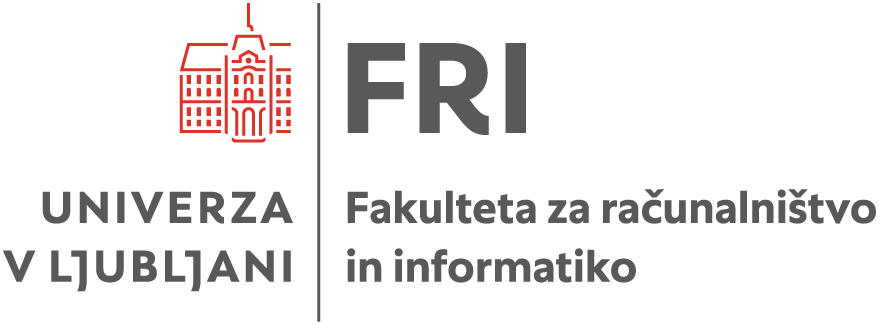Vabljeni na gostujoče predavanje v okviru predmeta Strojno učenje za podatkovne vede 2, v petek, 10. januarja 2025, ob 11.15 v predavalnici 21, na katerem bo prof. Mats Granath predaval na temo "Machine Learning for Quantum Error Correction". Predavanje bo v angleščini.
Povzetek vsebine: Quantum computers provide a new paradigm for calculations. In a quantum computer the bit, or qubit, can be a superposition of 0 and 1, like Schrödinger’s cat that can be both dead and alive at the same time. Even more exotic, a quantum computer can represent entangled states that contain a superposition of whole bit-strings. Although there are algorithms that can make use of quantum computers to perform calculations that are inhibitively costly for a regular computer, their full potential largely remains to be understood. What’s currently slowing down the quantum computational revolution is that quantum computers are very sensitive to environmental noise.
In this lecture I will discuss how error correction works in the quantum setting, so called, quantum error correction (QEC). There are several challenges compared to error correction in the classical setting, including a no-cloning theorem, measurements potentially destroying quantum information, and the fact that a qubit is a continuous degree of freedom in contrast to a discrete bit. I will introduce the stabilizer formalism, that provides a family of error correcting codes that can address these issues, and discuss how such codes have recently been implemented experimentally. A crucial aspect to running these codes is a classical decoder algorithm that translates measurements into error correcting operations. Here, deep learning has recently emerged as the most accurate decoders, outperforming sophisticated graph-based algorithms or tensor-network based approaches. I will discuss such deep learning based decoders, including our own work using graph neural networks.
O predavatelju: Mats Granath is an associate professor at the Physics Department at the University of Gothenburg (GU), Sweden. With a background in condensed matter physics, current work is focused on quantum computing and deep machine learning, including the overlap between these two rapidly developing areas. He is part of the Wallenberg Center for Quantum Technology (WACQT) where he leads the project on quantum error correction. WACQT is a 12 year project with the goal to build a 100 qubit Swedish quantum computer by 2030. Mats’ teaching ranging from basic physics to machine learning and he regularly supervises bachelor and master thesis projects, often in collaboration with local industry partners. He is also the director of the master’s program in Complex Adaptive Systems at GU and Chalmers University of Technology.

